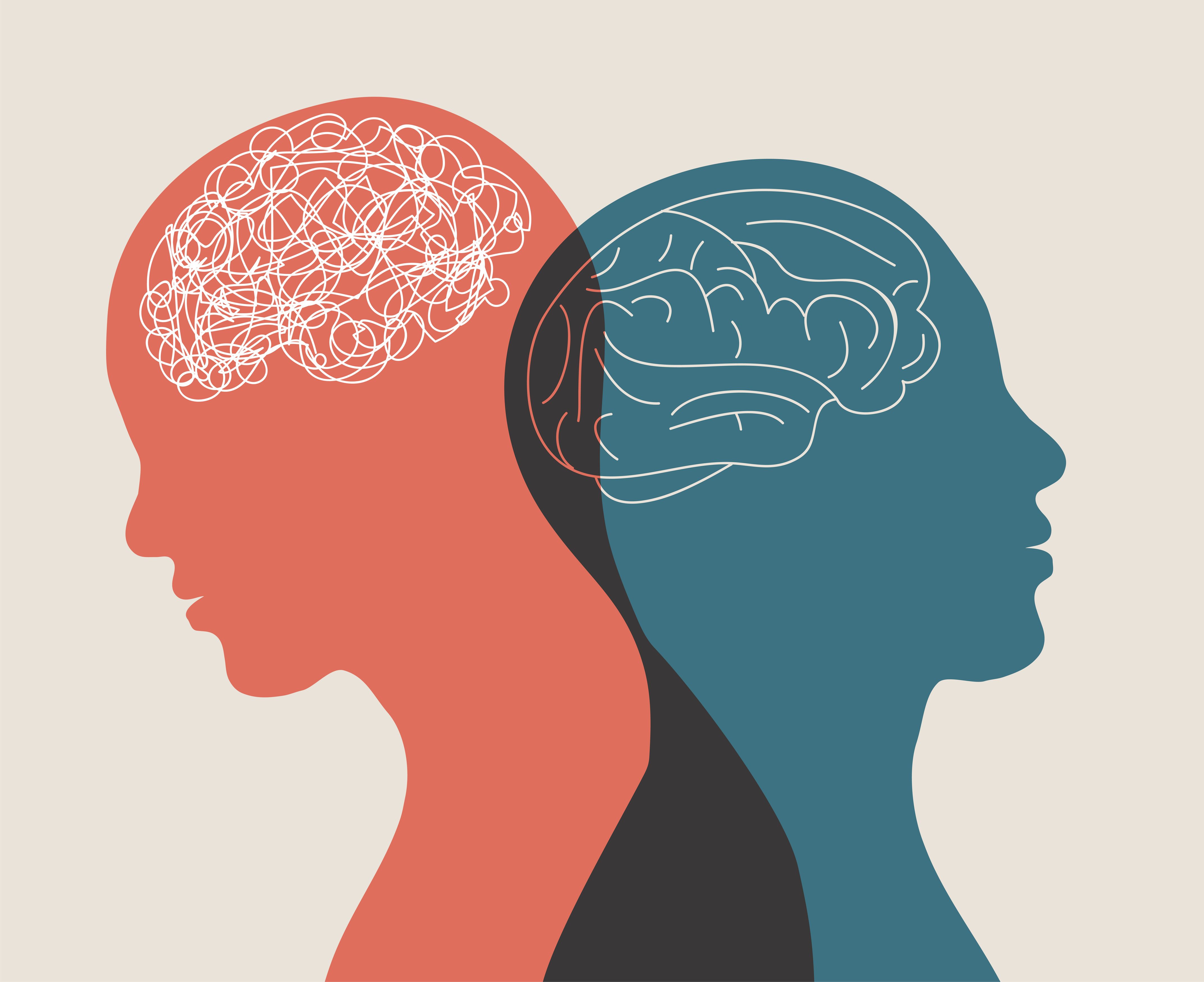Breaking the Stigma: Addressing Mental Health Needs of Jamaican Boys

Jamaica faces a silent crisis: the often-overlooked mental health struggles of its young men. Mental, neurological, and substance use (MNSS) disorders are significantly impacting Jamaican boys, yet remain a largely unaddressed public health challenge. This article explores the critical need to rethink mental health support for Jamaican boys, examining the contributing factors, the impact on individuals and communities, and potential pathways towards improved outcomes. We'll delve into the cultural stigmas that prevent boys from seeking help, the systemic barriers within the healthcare system, and innovative approaches that can foster a more supportive environment.
The Scope of the Problem
Statistics paint a concerning picture. While comprehensive data specific to Jamaican boys is limited, studies indicate a rising prevalence of anxiety, depression, and substance abuse across the Caribbean region. Factors like poverty, violence, social inequality, and academic pressure contribute to the mental health burden. Furthermore, the traditional Jamaican cultural emphasis on stoicism and emotional restraint can discourage boys from expressing vulnerability and seeking help when they need it most.
Why the Stigma?
The stigma surrounding mental health is deeply ingrained in Jamaican society. Men are often expected to be strong, independent, and resilient, making it difficult for them to admit to struggling with their mental wellbeing. Seeking help is often perceived as a sign of weakness, leading many boys to suffer in silence. This stigma extends beyond individual attitudes; it's reflected in a lack of awareness and understanding within families, schools, and communities.
Barriers to Accessing Care
Even when boys are willing to seek help, significant barriers exist. The limited availability of mental health professionals, particularly those specializing in adolescent mental health, is a major constraint. Geographical disparities also play a role, with rural communities often lacking access to essential services. Financial constraints are another hurdle, as mental health treatment can be expensive and is not always covered by insurance.
Moving Forward: Solutions and Strategies
Addressing this crisis requires a multi-faceted approach:
- Raising Awareness: Public awareness campaigns are crucial to destigmatize mental health and encourage open conversations about emotional wellbeing.
- Training and Capacity Building: Investing in training more mental health professionals, particularly those skilled in working with young men, is essential.
- Integrating Mental Health into Schools: Schools can play a vital role by providing mental health education, early intervention programs, and access to counseling services.
- Community-Based Support: Strengthening community-based support systems, such as youth groups and mentorship programs, can provide a safe space for boys to connect and share their experiences.
- Culturally Sensitive Approaches: Mental health interventions should be tailored to the cultural context of Jamaica, incorporating traditional values and beliefs.
- Promoting Male Role Models: Highlighting stories of successful men who have overcome mental health challenges can help break down stereotypes and inspire others to seek help.
Conclusion
The mental health of Jamaican boys is a critical public health priority that demands urgent attention. By dismantling the stigma, addressing systemic barriers, and investing in comprehensive support systems, Jamaica can empower its young men to thrive and reach their full potential. It's time to shift the narrative and create a society where seeking help is seen as a sign of strength, not weakness, for all its citizens.






